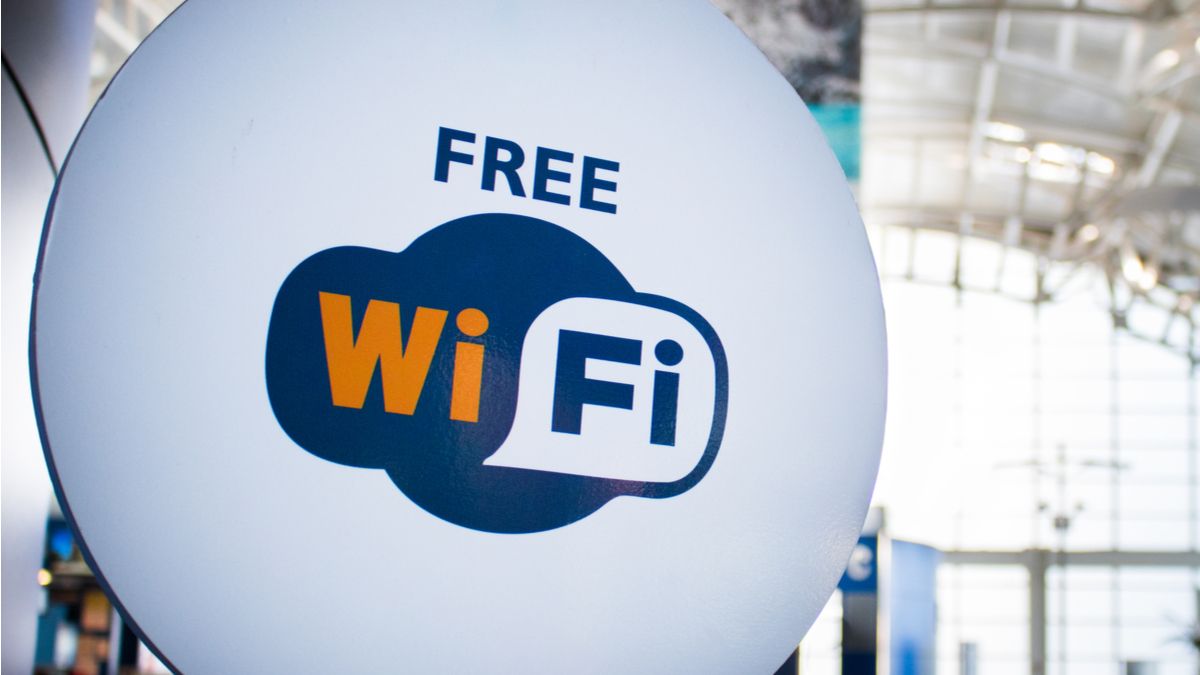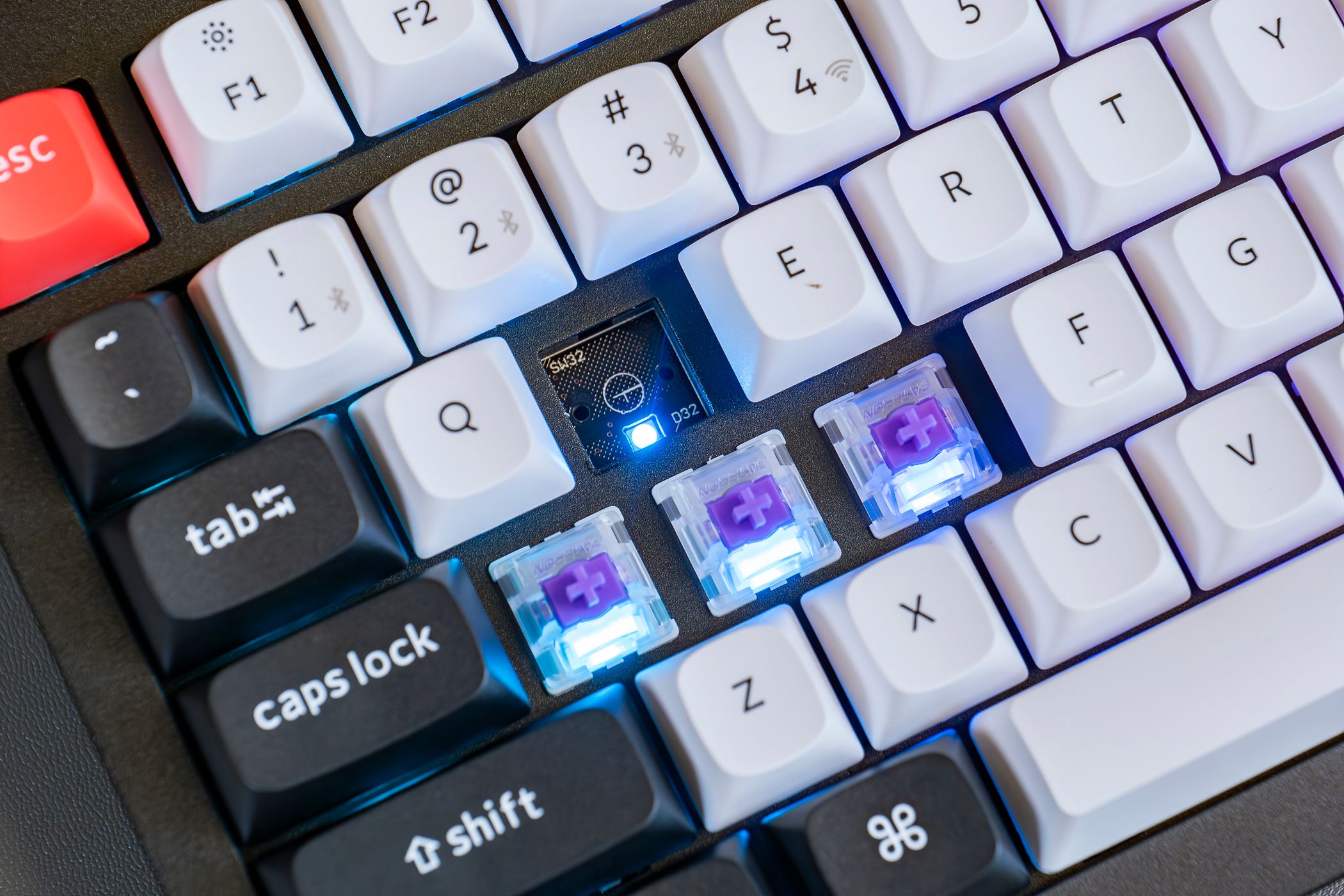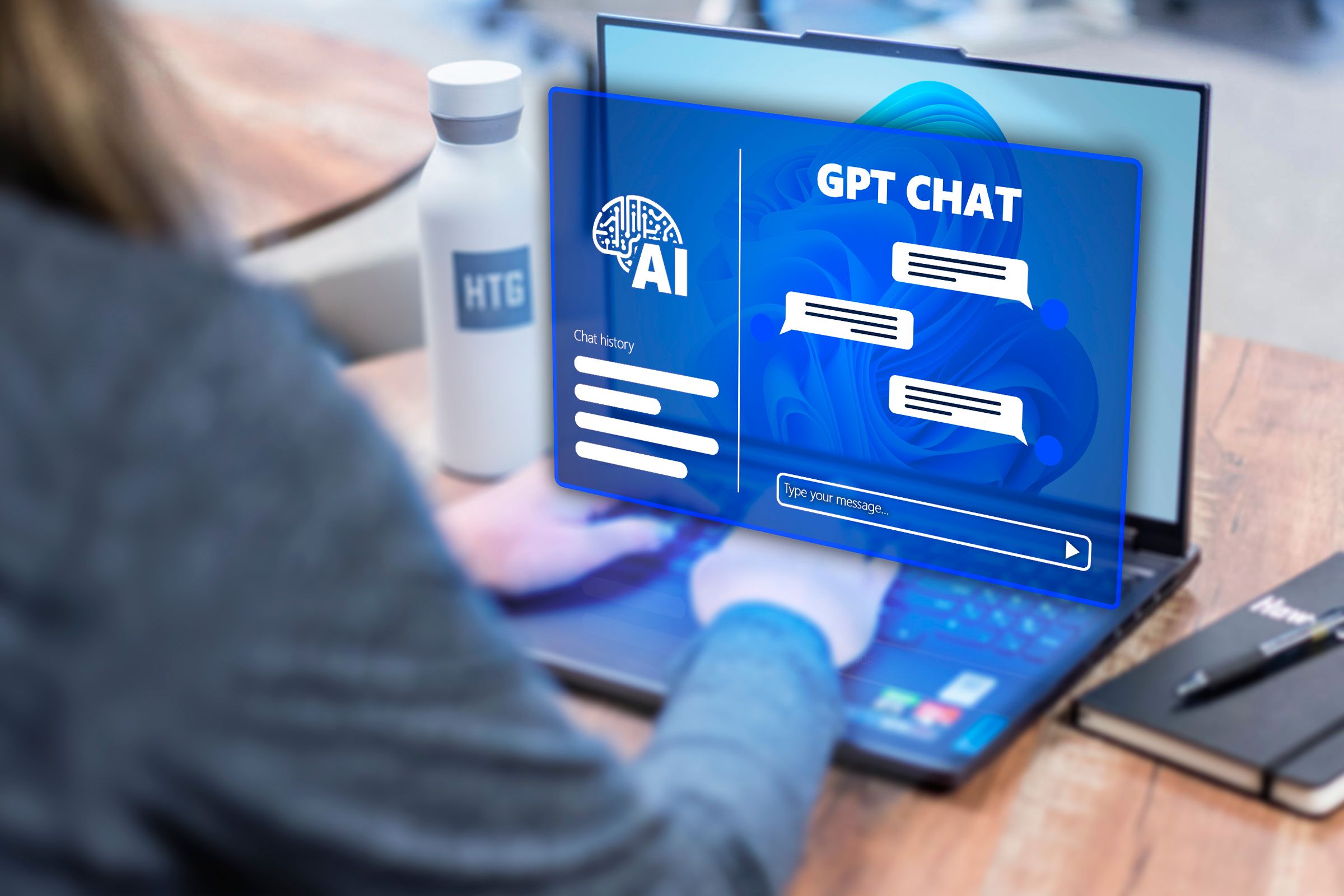Top 7 Hidden Dangers When Using Shared Computers Online

Top 7 Hidden Dangers When Using Shared Computers Online
Quick Links
- Anyone Can Access a Public PC
- Lack of Security Updates
- The Network May Not Be Secured
- The Browser Could Be Infected
- Risks of Session Hijacking, Keyloggers, and More
- You Can’t Always Trust the Administrator
- Ongoing Risk From Shoulder Surfers
Key Takeaways
- Anyone can easily access and infect a public PC, and some administrators neglect timely updates to the operating system and installed apps.
- The public networks these devices connect to are often insecure, making it easy for malicious actors to intercept your data. They could hijack your session and steal sensitive information.
- Shoulder surfers can access your confidential information while you use a public computer. If the network administrator is untrustworthy, they could log your activity and steal your data.
While public computers are easily accessible and convenient, they are also hotspots for malware and traps set by malicious actors. Here’s why using a public PC can be so dangerous, and why you should avoid them unless it is necessary.
Anyone Can Access a Public PC

Lee Snider Photo Images/Shutterstock.com
Unlike personal computers that are for your exclusive use, public computers are accessible to anyone. Ricky might unknowingly install a malicious app, John could click on a harmful popup and infect the browser, and Harry might accidentally disable security features. Since many users don’t follow security practices, you could end up using a PC infected by previous users.
Connecting your external drive, phone, or other devices to a compromised PC can infect the devices and corrupt your data. Using such a device to access confidential information puts you at risk of exposing critical information to hackers. While proper security measures and restrictions imposed by an administrator can reduce these risks, you can never be completely sure about safety.
Lack of Security Updates
If someone with limited technical expertise oversees the public system, they may not update it as thoroughly or promptly as they should. Security updates that fix vulnerabilities may not be installed in time, leaving the device open to exploitation. Hackers can exploit these flaws and security vulnerabilities without the average user noticing.
Public PCs also run outdated operating systems (OS), which are more vulnerable to security risks. A few years ago, when I was in university, some PCs were still running Windows XP. These older OSs can’t combat today’s advanced malware and viruses. If you need to use a public computer, try to find one that is running a modern operating system.
The Network May Not Be Secured

Public Wi-Fi and shared networks often lack proper security measures, making them insecure. Since public computers depend on these insecure networks for internet access, the risks are amplified. Even if the computer isn’t infected, insecure networks can allow criminals to execute man-in-the-middle attacks , intercepting confidential data you share.
Cybercriminals might also set up a fake network with the same name as the original, connecting the public PC directly to it without your knowledge. Divulging sensitive information on such a network puts your security and confidentiality at serious risk.
If you can avoid entering sensitive personal details on a public network, you should. If you must use a public computer, try to confirm that the website you’re connected to is encrypting your traffic . It isn’t perfect, but it is much better than nothing.
The Browser Could Be Infected
Like operating system updates, apps installed on a public PC are often not updated timely. Security updates released by browser developers to fix vulnerabilities are frequently delayed, leaving the system open to malicious actors. Hackers can exploit these vulnerabilities and tweak browser features without the average user noticing.
For example, they might enable auto-fill for forms to capture your sensitive data or disable security features, making the device more susceptible to infections. Other users might also visit insecure websites and unknowingly infect the browser. Without proper oversight, they might install unsafe extensions and compromise the browser, making it risky for your use.
Therefore, unless the browser is regularly updated , managed by an experienced administrator, and secured against unauthorized changes, you should avoid using it.
If you have to use a browser on a public PC, you should use Incognito orPrivate mode . Privacy modes in browsers disable all extensions by default, which will reduce your risk if there are suspect extensions installed. Additionally, if the browser isn’t sufficiently secured to prevent someone from installing extensions, you can probably update it yourself and uninstall the extensions, if you want to take the extra steps. The details vary a bit between browsers, but you can usually completely remove an extension by right-clicking it and selecting “Remove” or “Uninstall.”
Risks of Session Hijacking, Keyloggers, and More

Jerome Thomas / How-To Geek
Hijackers could also set up malicious software or run scripts to capture your session cookies. This allows them to access your social media, email, or any other confidential account you log into on the computer. Because of this, you should avoid even seemingly harmless activities like checking an urgent email due to the risk of session hijacking.
They might also install keylogging software to silently record every keystroke , capturing sensitive information such as usernames, passwords, credit card numbers, and other personal data, which they can then exploit. Cybercriminals could be remotely connected to the public computer, snooping on your activities.
Additionally, you might forget to log out of your accounts before leaving, giving the next user an easy opportunity to exploit your information. Since it’s difficult for the average user to detect if a PC has been compromised, you should avoid logging into personal accounts to protect your privacy and security.
There really isn’t a surefire way to reduce the risk of a keylogger or malware unless you have administrative access to the device, but you could always try running a virus scan on Windows 10 or on Windows 11 . If the PC in question is running a third-party antivirus installed by a network administrator, you probably won’t be able to do that—but that is also a good sign! It means someone took the time to try and secure the device.
You Can’t Always Trust the Administrator
While most network administrators diligently protect user data, I don’t fully trust them, especially in public settings like internet cafés. They have extensive access to system settings, software, and network traffic, which allows them to monitor and log activities. They could potentially steal your confidential information and misuse or sell it.
Some public facilities don’t prioritize privacy. They might log your activity under the guise of complying with legal requirements. Without proper encryption, this data could be exploited by third-party hijackers who find a security loophole. Given these risks, I recommend avoiding public PCs if you can’t trust the authorities managing the system.
Libraries are usually staffed by well-meaning people, so if you need to take a chance trusting a network administrator, that is a reasonable place to start.
Ongoing Risk From Shoulder Surfers

Lucas Gouveia / Hannah Stryker / How-To Geek
I hate shoulder surfers who steal information by peering at your device’s screen. Someone sitting beside you or standing behind your chair might be watching as you enter confidential information. Even a brief glance can be enough to see a password, credit card details, and more, which they can misuse for malicious purposes.
You’d be surprised, but I’ve seen people using smartphone cameras to zoom in from a distance and capture sensitive details. Since you’re in a public place using a public device, people don’t hesitate to do this. These risks are even higher in crowded public places. So, always be vigilant for shoulder surfers, and if you must enter sensitive information, ensure no one is watching you.
Hopefully, you now understand the security risks of using a public PC. To protect your privacy and security, avoid using public devices whenever possible. If you need one in an emergency, avoid accessing unnecessary confidential information. Also, perform basic checks to ensure the device isn’t infected and someone isn’t monitoring you. If there are strange programs running on the device that seem out of place, consider switching to a different PC if you can.
Also read:
- [Updated] In 2024, Web Warriors Championing Screen Recording Tools
- Avoid Data Theft: Expose Fraudulent ChatGPT Sites Now!
- Best No-Cost AI Applications to Generate Stunning Visual Content
- Beware: No Legitimate ChatGPT Desktop App Exists – Avoid Phony Windows Software
- Beyond Language Models: Three Capabilities Where Excel Outperforms ChatGPT
- Crafting a Personalized Auditory Experience on iOS for 2024
- How to Unlock Xiaomi Redmi K70 Pro Bootloader Easily
- In 2024, Top 7 Skype Hacker to Hack Any Skype Account On your Nubia Red Magic 8S Pro | Dr.fone
- Step-by-Step Guide: Converting MKV Video Track Into MP4/M4A Audio File
- Title: Top 7 Hidden Dangers When Using Shared Computers Online
- Author: Larry
- Created at : 2024-12-22 17:57:55
- Updated at : 2024-12-27 17:19:25
- Link: https://tech-hub.techidaily.com/top-7-hidden-dangers-when-using-shared-computers-online/
- License: This work is licensed under CC BY-NC-SA 4.0.